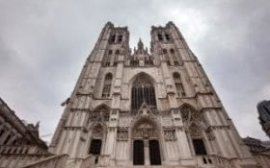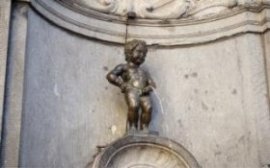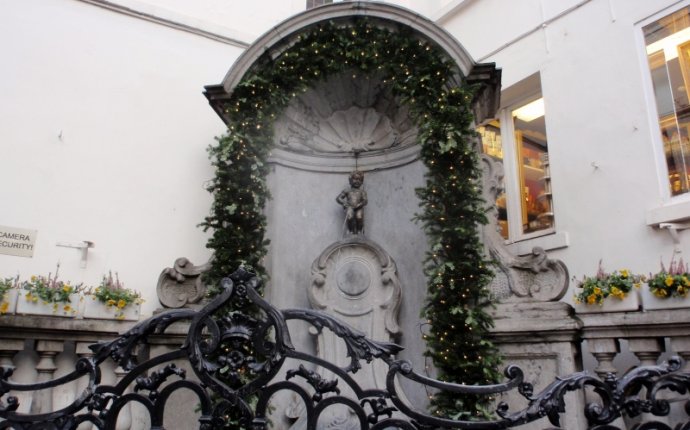
Top things to do in Brussels, Belgium
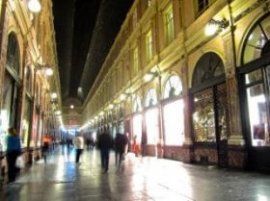 Europe’s first covered shopping gallery opened in 1847 and today houses a collection of 54 upmarket stores Credit: AP
Europe’s first covered shopping gallery opened in 1847 and today houses a collection of 54 upmarket stores Credit: AP
Admire the façade of St Gudule and St Michael's Cathedral
Construction of the twin-towered structure of the Cathedral began in 1215 and was completed 300 years later, which accounts for its strange mix of architectural styles. The white-stone façade is impressive, although perhaps most striking is the fact that the cathedral rises elegantly from a rash of uninspiring modern office blocks. Inside, take a look at the huge oak pulpit and the 16th-century stained glass windows.
Construction of the twin-towered structure of the Cathedral began in 1215 and was completed 300 years later Credit: APStroll across the Grand-Place
Brussels traditional heart, and the home of the city’s most interesting architecture, is the cobbled expanse of the Grand-Place. Surrounded by a maze of winding streets, the city’s main square is dominated by the Gothic splendour of the town hall – the Hôtel de Ville – whose edifice dates back to 15th century. A flower market is held below its soaring spire every day except Mondays, and in the run-up to Christmas a pretty seasonal market and ice rink takes over.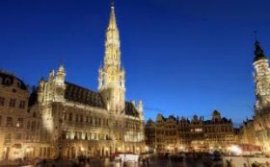 Ringing the Hôtel de Ville are the slender, gold-trimmed guild houses, decorated with sculptures, swirls and gilded carvings.
Ringing the Hôtel de Ville are the slender, gold-trimmed guild houses, decorated with sculptures, swirls and gilded carvings.
You won’t ever have the place to yourself, but even when thronged with merry-makers, a stroll across the frosty, glittering cobbles is an enchanting way to spend a winter’s evening.
Brussels traditional heart, and the home of the city’s most interesting architecture, is the cobbled expanse of the Grand-PlaceWander around Le Botanique
What was once the city’s botanical garden is today a cultural centre, housed in a graceful neoclassical glass and wrought-iron building. The 19-century greenhouse now hosts Francophone theatre, dance and performance art.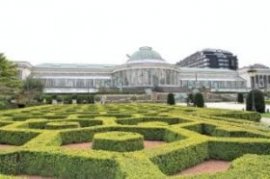 The traditional, manicured gardens surrounding it does remain, however, offering a pleasant spot for an autumn stroll.
The traditional, manicured gardens surrounding it does remain, however, offering a pleasant spot for an autumn stroll.
Watch the Manneken Pis
Another of the city’s icons is the Manneken Pis, a surprisingly diminutive bronze fountain on the corner of Rue de l’Étuve and Rue du Chêne, not far from the Grand-Place. The little urinating boy, sculpted in the early 17th century, is said to represent the child of a visiting nobleman who lost his son in the city, and then found him again, urinating happily at this spot.
Despite his small stature, he draws impressive crowds, especially when dressed in costumes or on those festive occasions when he’s urinating beer instead of water (check times and dates with the tourist office: Grand-Place; www.brusselsinternational.be).
